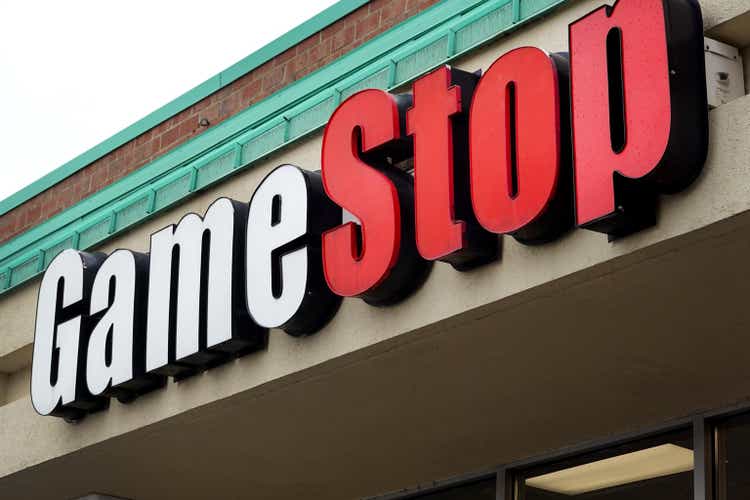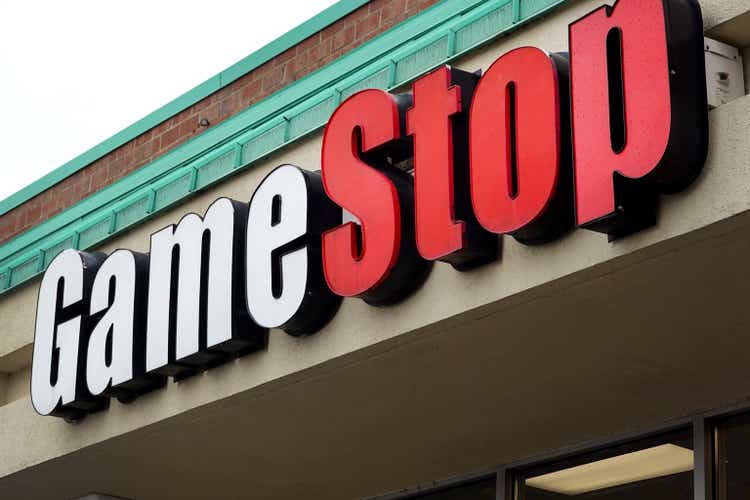
Scott Olson/Getty Images News
The Federal Trade Commission announced that GameStop Corp. (NYSE:GME) CEO Ryan Cohen will pay a $985,320 civil penalty to settle charges that his acquisition of Wells Fargo & Company (WFC) shares violated the Hart-Scott-Rodino Act.
According to the complaint, Cohen, who is also the founder and former CEO of Chewy (CHWY), acquired more than 562,000 Wells Fargo voting securities resulting in aggregated holdings of Wells Fargo securities that exceeded HSR filing thresholds. Cohen failed to make the proper disclosure after his large purchase triggered an obligation to file an HSR form with federal antitrust agencies and wait before completing the acquisition. The FTC noted that Cohen’s acquisition of Wells Fargo (WFC) voting securities was not exempt under the Investment-Only Exemption of the HSR Act, even though his holding represented less than 10% of the outstanding voting securities.
“When acquiring the Wells Fargo shares, Cohen intended to influence Wells Fargo’s business decisions, as evidenced by Cohen’s emails when he advocated for a board seat. After acquiring the shares, Cohen proceeded to have periodic communications with Wells Fargo’s leadership regarding suggestions to improve Wells Fargo’s business and to advocate for a potential board seat,” read the FTC complaint.
Separately, Ryan Cohen and his company RC Ventures were sued in August by Bed Bath & Beyond, now a division of Beyond (BYON). The retailer is looking to recover the $47 million profit that Cohen allegedly made from insider trading using nonpublic information about the company. The lawsuit claims that the defendants made dozens of purchases and sales of Bed, Bath & Beyond’s equity securities between January and August 2022, all of which were profitable while the defendants were acting as statutory directors for the company.
As for GameStop (GME), management is still in a quiet period of outlining strategy outside of earnings press releases and SEC filings. However, GameStop (GME) did disclose that as part of its efforts to achieve sustained profitability, the company continues to evaluate its international assets and operations to determine their strategic and financial fit and to eliminate redundancies and underperforming assets. GME has also initiated a comprehensive store portfolio optimization review, which involves identifying stores for closure based on many factors, including an evaluation of current market conditions and individual store performance. “While this review is ongoing and a specific set of stores has not been identified for closure, we anticipate that it may result in the closure of a larger number of stores than we have closed in the past few years,” read the recent filing.
Some investors believe Ryan Cohen has a plan beyond pushing for profitability with the legacy business.
Shares of GameStop (GME) slipped back below $20 on Wednesday, with a 1.88% move lower to $19.78. GME is down about 70% from its 52-week high and is not far off from the 200-day moving average of $18.74. The all-time high GameStop (GME) closing price was $86.88 on January 27, 2021 (adjusted for splits).
